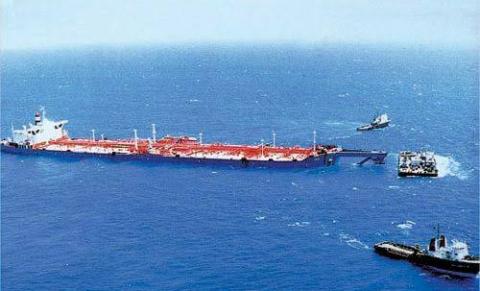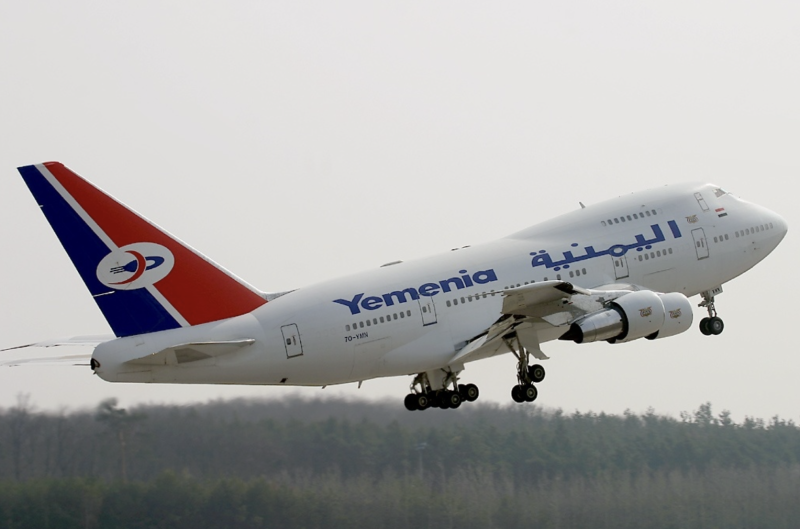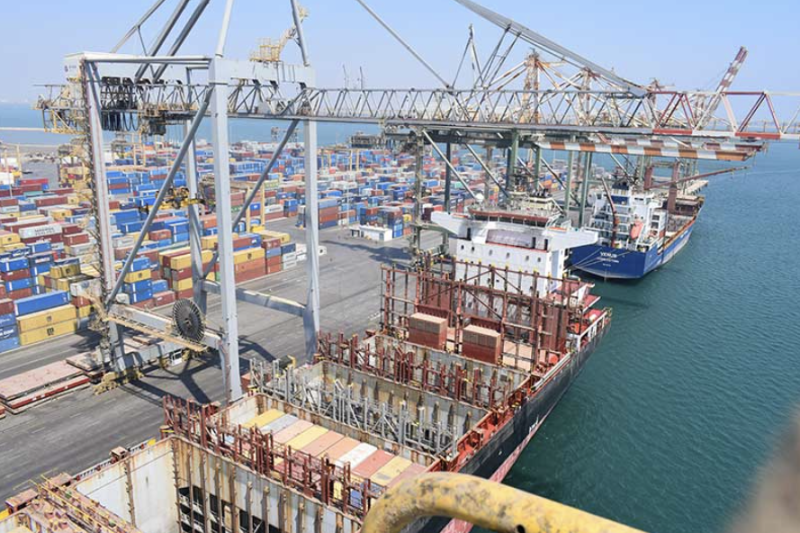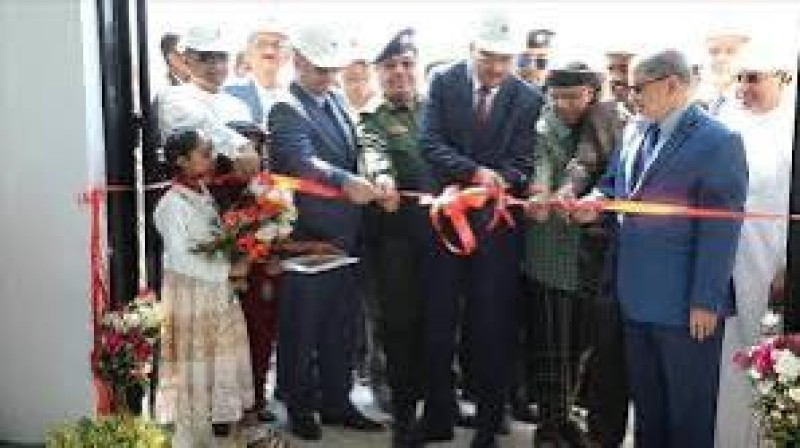NRC East Africa and Yemen Regional Context Analysis (March 2022)


Regional Context
This document will focus on the political and conflict dynamics that underpin and define the parameters of the humanitarian response in the Greater Horn and Yemen. In doing so it will seek to provide a brief overview of some of the broader dynamics influencing the region, and to identify trends and trajectories that will influence the region in the coming year. However, since it is impossible to predict the future, this paper also embraces uncertainty, and accepts that the most likely outcomes will lie somewhere in between the various elements of the outlines presented.
1. The Region
The Greater Horn of Africa region (incorporating Yemen, Eritrea, Ethiopia, Djibouti, Kenya, Mozambique, Tanzania, Uganda, South Sudan and Sudan) is a vast territory that defies easy categorization and analysis as it comprises a range of different political structures, economic models, and even climactic zones. Yet across the region food insecurity, conflict, climate and weather shocks, and displacement offer examples of complex compounding factors that build upon each other to drive humanitarian needs.
As such, humanitarian needs are expected to rise in 2022 due conflict, political fragility, and the continued economic impact of Covid-19 on the region’s fragile economies. Most notably, the conflict in Ethiopia is likely to drive needs and ongoing displacement, while in Sudan the precarious post-coup environment will undermine aid responses to humanitarian needs that grew markedly in 2021. In Somalia unresolved political crisis, escalated insurgency and devastating drought – compounded by seeming donor indifference – will see needs grow exponentially in 2022. In South Sudan, the stalling implementation of the peace agreement combined with flooding and persistent local-level violence will see continued high levels of humanitarian needs.
Against the backdrop of the region experiencing greater levels of instability, and greater levels of humanitarian need than at any time in recent years, 2022 will also likely see further geopolitical manoeuvring as a number of countries seek to expand their influence in the region. If the trend of recent years is to continue, increasing amounts of money will flow into the region shaping its priorities, and altering the dynamics of existing foreign relations – with implications for how ‘traditional’ western donors engage with the region’s governments. The growing influence of countries such as Turkey or the Gulf States, and their spending on charities, religious organisations, infrastructure and patronage across the Horn is impacting the domestic ‘political marketplace’, and diminishing the relative influence of Western countries. Added to which, the growing influence of non-Western countries in the region will affect civil society, media freedoms, and force aid agencies to broaden and alter their thinking and approaches to humanitarian advocacy and communications.
A further dimension to this dynamic will be the implications of the Russian invasion of Ukraine.
While at the time of writing it is too early say with any certainty what the fallout of war in Europe will mean for the region, but it is difficult to imagine the impact not being felt. There is a sense expressed by many that the invasion of Ukraine ultimately points to a fundamental shift in the global order, and as such Africa, and the Greater Horn region in particular, will undoubtedly feel the impact. The region is increasingly integrated into the global economy, and as such, will feel the impact of increased food and fuel prices – at a time when the region’s economies are still struggling to recover to pre-pandemic levels.
Moreover, the prospect of political schism between the West and Russia that forces African countries into camps reminiscent of the Cold War will create new political challenges, as well as undermine progress towards development and democratisation. While the new rivalry between Russia and the West is not ostensibly based around ideology, the illiberal authoritarian governance model practiced by Russia – and Turkey, the Gulf States, Iran and China – may be attractive to many governments in the region. Especially if it is accompanied by generous loans, military hardware, and no ‘conditionalities’ attached to the support. There is a real risk therefore, that some of the region’s progress in terms of good governance, transparency, social and gender justice could be halted or reversed.
The sections that follow will briefly outline some of the most relevant political, conflict and humanitarian trends impacting the countries in this region.

Aden -- Yemen Airways has announced the cancellation of the mandatory round-trip ticket requirement for passengers traveling from Yemen to Saudi Ar…

Aden — Ports under the authority of Yemen’s internationally recognized government have received more than two million metric tons of fu…

Mukalla — Local authorities in Hadramout have announced the inauguration of Yemen’s first solar-powered cement station, a landmark proj…